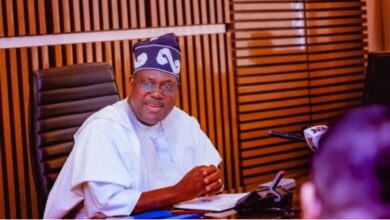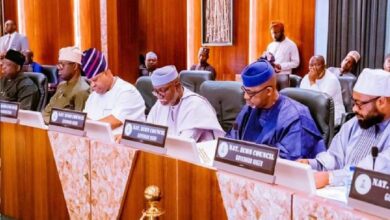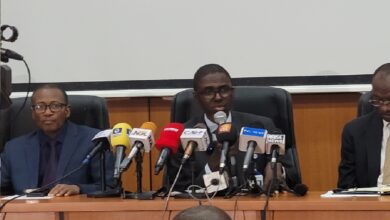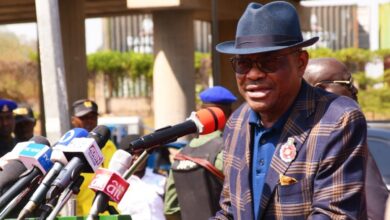FG eyes fresh $1bn World Bank loan for IDPs
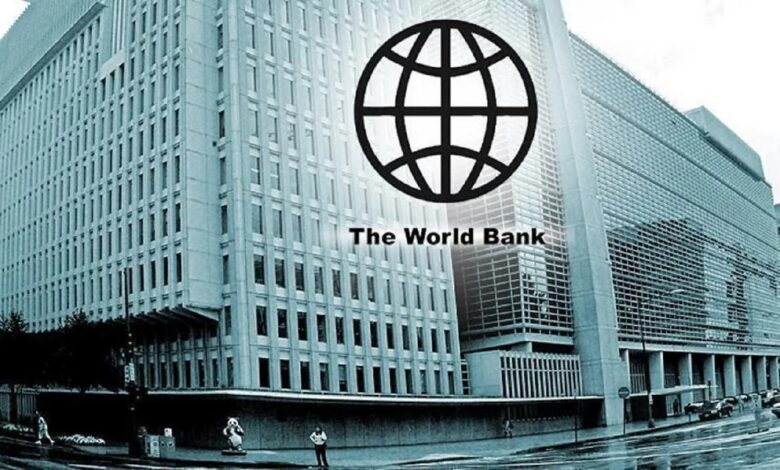
The Nigerian Federal Government is currently engaged in discussions with the World Bank to secure loans exceeding $1 billion aimed at addressing the multifaceted issues plaguing Internally Displaced Persons (IDPs) and their host communities, while also enhancing rural access and agricultural marketing across the nation.
Outlined in a recent World Bank document titled ‘Solutions for the Internally Displaced and Host Communities Project’ and ‘Rural Access and Agricultural Marketing Project – Scale Up’, the proposed funding allocation earmarks $500 million for the IDP initiative and approximately $550 million for the rural access and agricultural marketing project.
This financial assistance seeks to provide critical support to Nigerian communities severely impacted by insecurity. The envisioned project adopts a comprehensive strategy, focusing on tailored solutions for individual states and communities grappling with diverse challenges, including conflict, violence, and climate-related issues. Recognizing the unique vulnerabilities of host communities, the project aims to address the specific needs of various demographic groups, considering factors such as gender, age, and special requirements.
The approach emphasizes the integration of people and place, acknowledging the intricate interplay between the welfare of individuals and the broader socio-economic dynamics of their settlement areas. In particular, Northern Nigeria, notably Borno, Adamawa, and Yobe states, has borne the brunt of internal displacement, with over 3.5 million people displaced due to conflicts involving Boko Haram insurgents, banditry, and clashes between farmers and herders.
The persistent threat of Boko Haram, responsible for heinous crimes against civilians since 2009, continues to destabilize communities, exacerbating the displacement crisis. Additionally, the emergence of banditry as a parallel menace further compounds the challenges faced by vulnerable populations, as evidenced by recent incidents such as the abduction of over 200 schoolchildren and staff members in a Kaduna community.
By leveraging the proposed World Bank funding, Nigeria aims to implement holistic strategies that address the root causes of displacement while simultaneously enhancing agricultural productivity and rural infrastructure. This initiative underscores the government’s commitment to fostering stability, resilience, and sustainable development across the nation, particularly in regions grappling with protracted conflict and insecurity.

